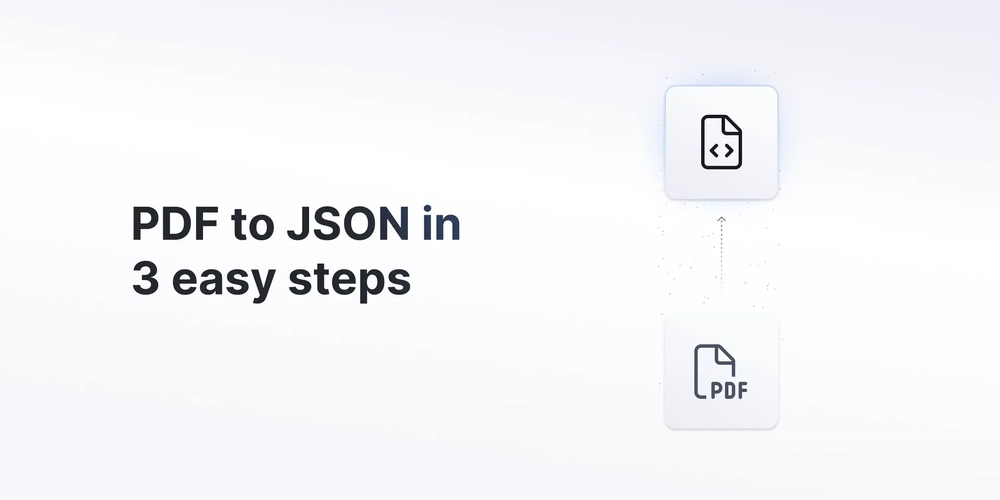Dev
2w
426

Image Credit: Dev
PDF to JSON in 3 Easy Steps
- PDF files can be challenging to work with programmatically, prompting the need to convert PDF data to JSON for easier handling in web applications and databases.
- Benefits of converting PDF to JSON include data integration, workflow automation, data analysis, and interfacing with APIs.
- Applications in finance, healthcare, government, and legal sectors benefit from PDF to JSON conversion for improved data utilization.
- Step 1 involves selecting a tool for PDF parsing, with options like pdf-lib for JavaScript and PyMuPDF/pdfplumber for Python highlighted.
- Step 2 focuses on extracting PDF content using pdf-lib for form fields and pdf-parse for general text extraction, demonstrated with sample code in a Node.js environment.
- Step 3 covers converting extracted data to JSON and saving it as a structured file for integration with other systems.
- Challenges of PDF to JSON conversion include structural complexity, file size considerations, formatting issues, lack of standardization, and limitations of tools.
- Considerations for handling complex PDFs are highlighted, suggesting the use of specialized tools like Joyfill for advanced extraction needs.
- Joyfill is recommended as an alternative solution for complex PDF extraction tasks, offering efficiency and advanced parsing capabilities.
- Converting PDF data to JSON streamlines data utilization and accessibility across various platforms, simplifying workflows and enhancing efficiency.
Read Full Article
25 Likes
For uninterrupted reading, download the app